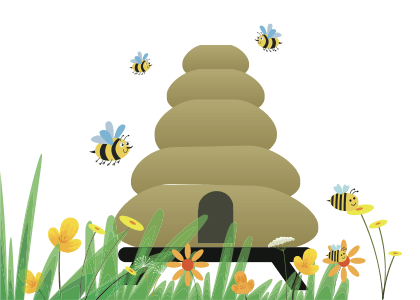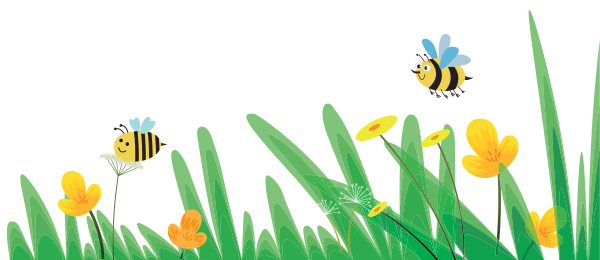

Cyber Safety
There is a new Report Remove tool from the Childline which allows children, young people and adults to report nude images that are circulating social media and help with their removal.
The tool can be accessed here.
Online Child Sexual Exploitation
With children spending increasing amounts of time using the internet; both socially and for schooling; their exposure to risks online can increase. This can be for children as young as 8, where they can begin to be targeted, groomed and exploited.
There is a fantastic website, with worksheets and videos to guide discussions with children and young people across a range of ages about how to stay safe online!
https://www.thinkuknow.co.uk/parents/Support-tools/home-activity-worksheets/
Below are some resources which may be useful.
SAFER INTERNET DAY
Take a look at the resources available for Safer Internet Day
https://www.saferinternet.org.uk/safer-internet-day/safer-internet-day-2020/i-am-parent-or-carer
‘Persuasive Design’
Social media can be really addictive, and sites want to keep users on their platforms for as long as possible. The more people scroll and consume there, the more money the social networks make from advertisers. Because of this, the platforms have invested heavily in designing themselves to be super addictive, persuading you to stay with them online. Have you ever noticed that you can seemingly scroll forever on Facebook or Instagram? That’s because these platforms collect content from right across the internet so they can keep giving you, or your child, stuff to look at.
Musical.ly and Live.ly
We have received some advice regarding the above apps.
In terms of live streaming, parents need to know about the associated risks and opportunities that children may face. CEOP have produced an article with colleagues at ParentInfo that informs parents what to be aware of and how to talk to their child about live streaming and musically.
www.parentinfo.org/article/live-streaming-a-parent-s-guide.
.Musical.ly is a popular app designed for people to create and share short music videos (15 seconds or less). It is free to download. In its terms of service it states that it is not to be used by anyone under the age of 13, and by using the software you are affirming that you are at least 18 years of age.
Many parents do not realise that Musical.ly is a social media platform, where it is easy to connect and share with other people. The default settings are set to public where any other member of the ‘Musical.ly community’ can access your videos and vice versa. Musical.ly does contain adult content and so it is worth encouraging parents to explore the app themselves so that they have a good understanding of the content included within the app.
CEOP recommend looking into the privacy settings and suggesting to parents how they can restrict access to their child’s videos. Users can make their Musical.ly account private, which means their videos are only available to people they have previously approved. To make an account private, go to the user’s Musical.ly profile (by tapping the ‘head’ icon at the bottom of the screen) and then tap on the settings gear icon in the top right hand corner. Select Settings > Private Account. Once this is selected, the user will then have to approve anyone who wishes to follow them and view their videos. Musical.ly has a function for users to send messages to each other (the lightning bolt icon at the bottom of the screen). The messages section also informs a user when another user is following them and/or has liked their videos. To block a user on Musical.ly go to their profile and press on the “...” icon in the upper right corner, and select “block this user.”
www.internetmatters.org/hub/expert-opinion/musical-ly-app-parents-need-know/
www.parentinfo.org/article/a-parents-guide-to-musically
Does your child use Roblox?
We have been alerted to the fact that many children at are enjoying using a game called Roblox at the moment.
The game looks fantastic from a perspective of teaching children basic coding skills, but it also carries some very real drawbacks and dangers.
The game is created by its users, meaning that obscene and pornographic images can be posted by anybody with a Roblox account for children to see. Users also report frequent bad language and anti-social, bullying behaviour. It is also associated with computer viruses as children who want to get better at the game are drawn to other websites which claim to give them secret tips or ‘hacks’ to help them advance further, and these websites then install harmful viruses on your home computer or device.
Perhaps most worrying though is the game’s chat function. Children from our school and other Stockport primary schools have been contacted on here by unknown figures, claiming to be children interested in playing the game, but who may well have been predatory adults.
Please talk to your children about whether they use Roblox. Remind them of the need to only accept friend requests from people they know in real life, to never, ever give out personal information about themselves, and to report any images or behaviour to you and the game’s moderators that make them feel uncomfortable.